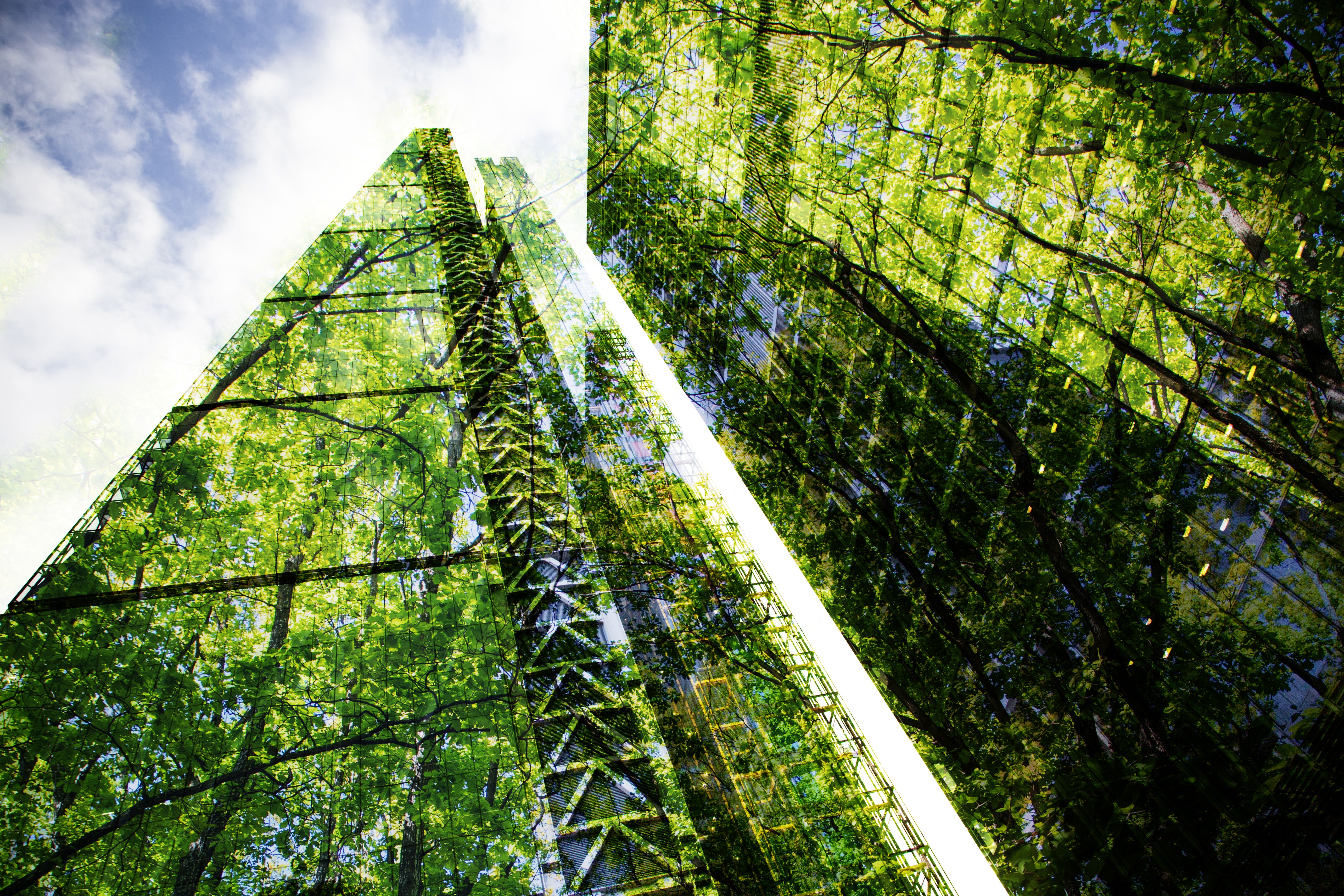The Rise of Plastic Recycling in the Middle East: Market Growth and Opportunities
Plastic Waste in Saudi Arabia and the GCC
In Saudi Arabia, single-use plastics and packaging waste account for a major share of municipal solid waste streams. A report from the National Center for Waste Management (MWAN) highlights that millions of tonnes of plastic waste are generated annually in the Kingdom, with recycling rates still relatively low compared to global benchmarks.
However, the tide is shifting. Government-led initiatives are aiming to establish large-scale recycling plants, expand collection networks, and introduce new policies to reduce landfill dependency. Similar moves are being seen across the GCC, with the UAE, Oman, and Qatar also launching plastic reduction strategies.
Global and Regional Market Growth
The global demand for recycled PET (rPET) and other high-quality recycled plastics has surged in recent years, driven by regulatory changes and corporate sustainability pledges. Major international brands, from beverage producers to packaging companies, have committed to increasing the recycled content in their products.
The Middle East plastic recycling market is projected to grow at more than 6% annually through 2030, according to industry research. This growth is being powered by:
-
Extended Producer Responsibility (EPR) programs being introduced across the region.
-
Corporate ESG commitments, requiring companies to use recycled content in packaging and products.
-
Rising consumer awareness, with demand for eco-friendly alternatives steadily increasing.
-
Investments in recycling technologies, including both mechanical and advanced chemical recycling.
Mechanical vs. Chemical Recycling
Two key recycling methods are shaping the industry’s future:
-
Mechanical Recycling – Traditional but highly effective, this method involves collecting, cleaning, and reprocessing plastics into pellets that can be reused in manufacturing. It is especially suited for PET bottles and packaging.
-
Chemical Recycling – A newer technology, chemical recycling breaks plastics down to their molecular components, enabling the recovery of materials even from contaminated or mixed waste streams. This method is gaining traction in the GCC, as it offers a solution for plastics that cannot easily be recycled mechanically.
Both approaches are expected to play a role in Saudi Arabia’s recycling strategy, with significant opportunities for global and local companies to invest and scale operations.
Opportunities for Businesses and Investors
The expansion of plastic recycling in the Middle East presents opportunities across multiple areas:
-
Infrastructure Development: Construction of large-scale facilities for sorting, washing, and pelletizing plastics.
-
Technology Providers: Companies offering advanced sorting, AI-driven quality control, and chemical recycling solutions.
-
End-Users: Packaging, construction, and consumer goods industries seeking sustainable material supply.
-
Investors: Strong government support and public-private partnerships make recycling a growing investment sector.
As the Kingdom works toward 82% waste diversion from landfills by 2035, plastic recycling will be a cornerstone of achieving this target.
Regulatory and Policy Support
Saudi authorities are introducing policies that encourage recycling, including:
-
Bans and restrictions on certain single-use plastics.
-
Incentives for businesses adopting recycled content.
-
Encouraging innovation through research, grants, and partnerships.
These measures align with Vision 2030’s environmental goals, while also helping the Kingdom reduce its carbon footprint and strengthen its circular economy.
Recycling Expo Middle East 2025: Spotlight on Plastic Innovation
The upcoming Recycling Expo Middle East 2025 in Riyadh will place plastic recycling firmly in the spotlight. Exhibitors and speakers will showcase the latest technologies, including:
-
rPET production systems capable of meeting global packaging standards.
-
Chemical recycling breakthroughs designed to process mixed plastics.
-
Waste collection and logistics innovations that improve efficiency in gathering plastic waste.
-
Digital platforms for waste tracking and circular supply chains.
Attendees will have the chance to connect with industry leaders, regulators, and innovators, making it the ideal platform to discover how plastic recycling is shaping the region’s sustainability future.
Looking Ahead
Plastic recycling is no longer optional, it is becoming a necessity for businesses operating in Saudi Arabia and across the GCC. With market demand for recycled materials growing rapidly, the region is well-placed to position itself as a hub for plastic recovery and innovation.
For companies looking to align with Vision 2030, strengthen their ESG commitments, or explore new investment opportunities, plastic recycling is an area of immense potential.
Recycling Expo Middle East 2025 will be the place to connect with the people, technologies, and policies driving this change.



)
)
)
)
)
)
)
)